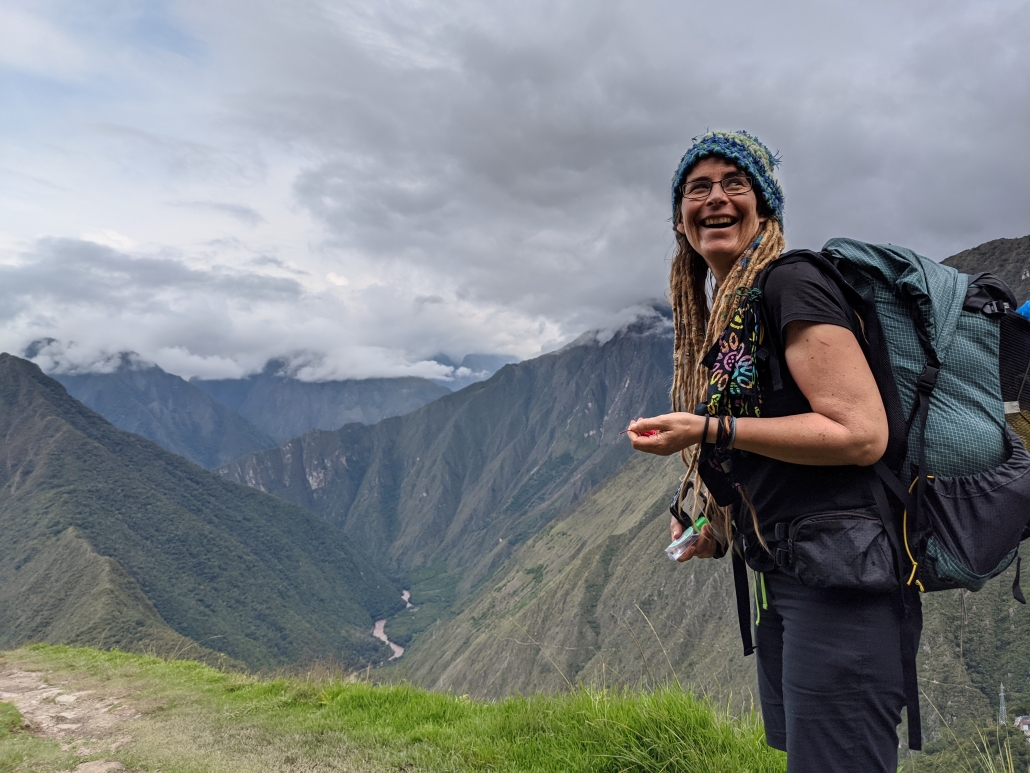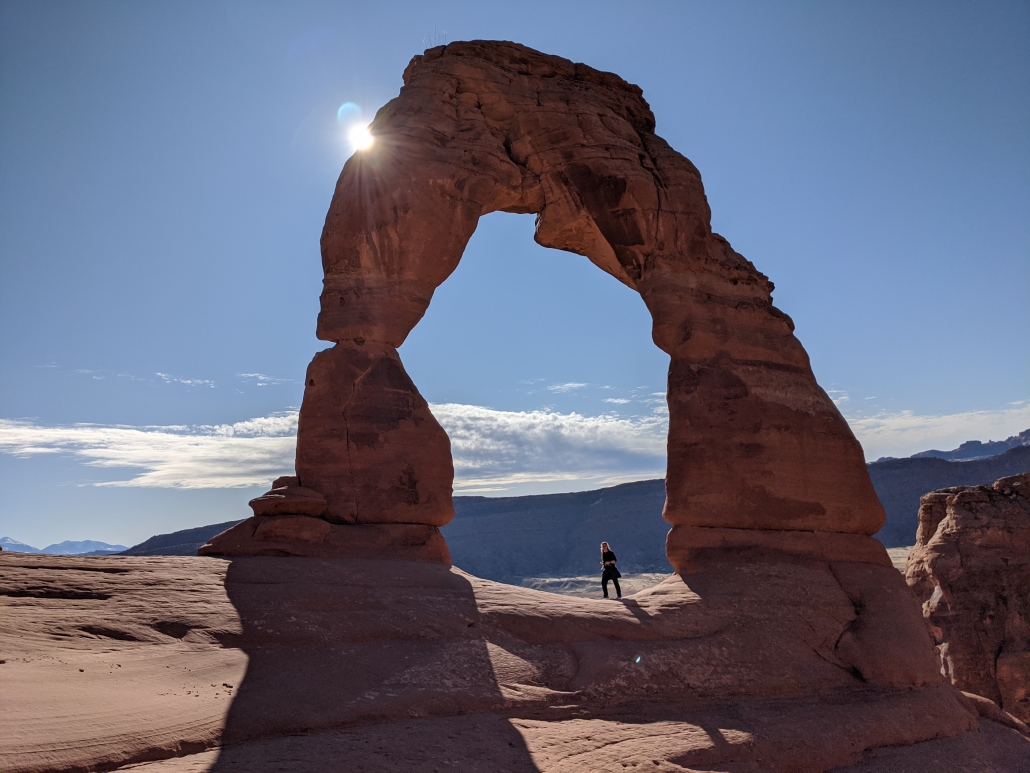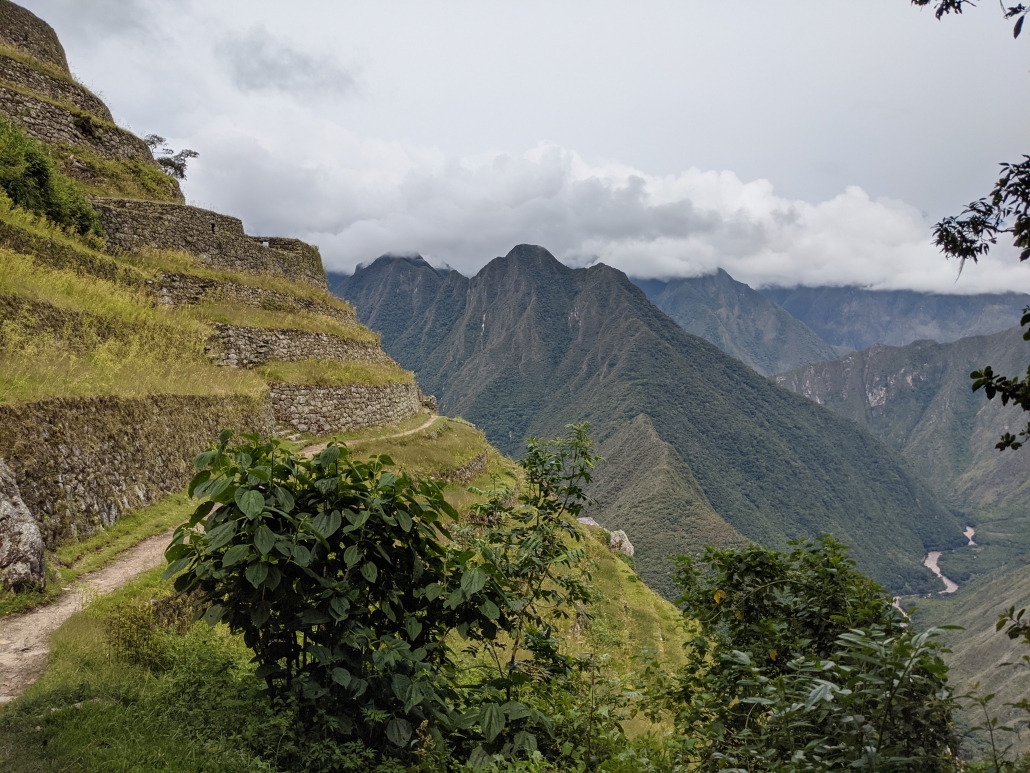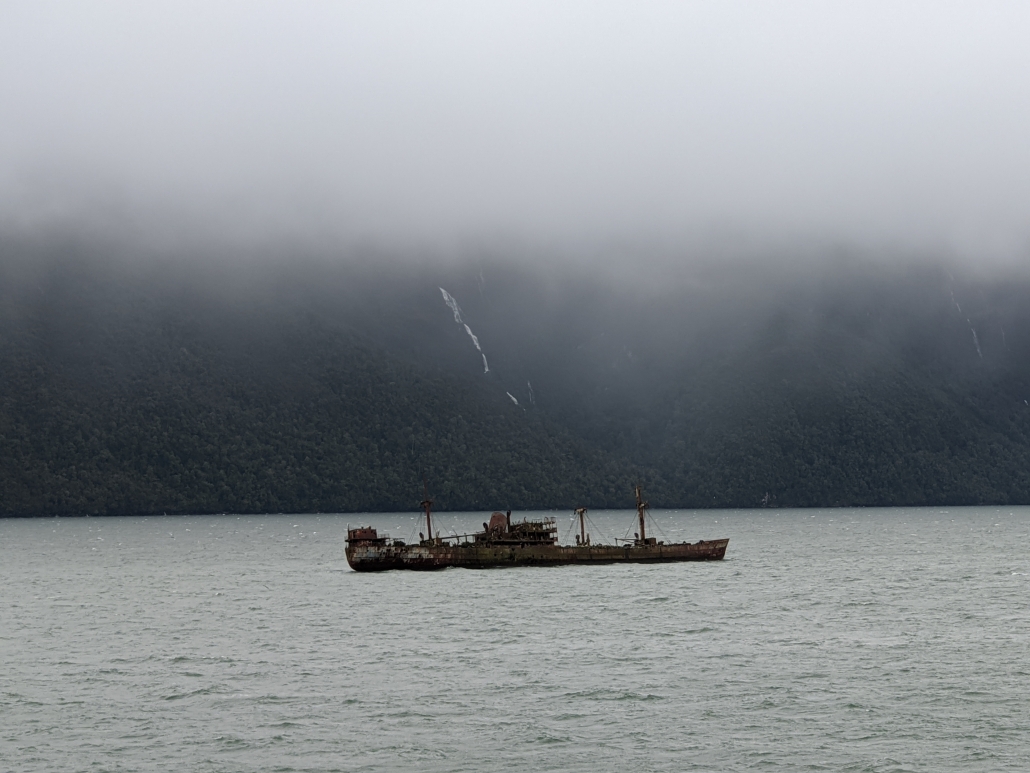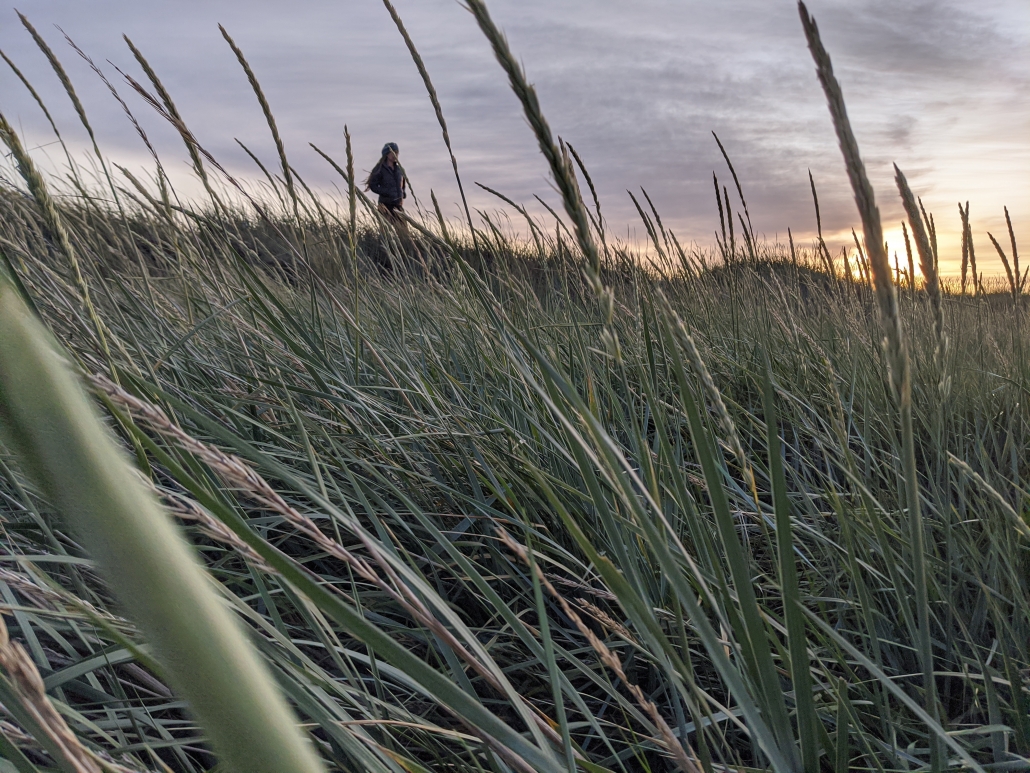Applications Open for Women’s Mentoring Program
Local community organisations have again partnered to offer the hugely successful mentoring program Taking it Step By Step, again in 2020, and applicants are being sought.
This program, in which women who would like to achieve any personal or professional goal are matched with a skilled mentor, is unique in the world and was the subject of a Deakin University master’s thesis. The aims of the program include validating and supporting life changes for mentees, as well as increasing the confidence and community networks of participants – thus addressing some of the barriers to women’s full participation in the community. Goals can be big or small and about anything – eg personal growth, health, money or relationships. Mentors receive training and support and can help with goal-setting, accountability, and strategies to work through the challenges that can crop up.
Some reflections by mentees from the pilot program:
“Knowing that I’ve got someone who is interested in what’s happening with me felt very supportive…kind of gave me a sense of not being in the cold…feeling alone.”
“The experience has been very positive. It’s helped me focus. When I get back from work and I’ve got some activities to be done by a certain date – a lot of it is around my own personal time management.”
“I needed someone who could make sense of the inundating stream of ideas going around in my mind, desperate to come to fruition. [My mentor] worked with me to drill down on goals, then plan and meet those targets. Exactly what I needed.”.
Vanessa Lewis, one of the mentors in 2019 said “I learned so much as a mentor – it honed my listening and interpersonal skills, which helps me professionally, and watching my mentee recognise her own development was pure joy.” Vanessa went on to say “The screening and matching of the two of us was perfect – we hit it off straight away and both had the same sense of commitment to the process. We set our meeting format to suit both of us and I found each session left me feeling positive and energised. I might have been the mentor, but for me it was win-win. I’m happy to say that we’ve become friends.”
Program Outline:
Mentors and mentees apply and are interviewed so that their skills, motivations and availability can be suitably matched. Mentors are encouraged to recognise mentee’s skills and experience and work collaboratively with them to progress their action plans. An orientation session is held for all participants, including understanding the program and learning goal-setting strategies. Three whole-group sessions are held during the program for further training and motivation. Some pairs meet fortnightly, others monthly; some face to face and some by telephone or face-time.
There are limited places in the Taking it Step By Step program in 2020 for both mentors and mentees. If you are interested in either role, contact Irene on 123 456 or Josette on 456 789 for further information or an application form. Meetings (whole group) will be held at either Chirnside Park or Lilydale and are held in the evening. There is no cost to participate in this program.
Taking it Step By Step is run by Eastern Health, Voices of Women and Cire Services, with the support of Yarra Ranges Council.

